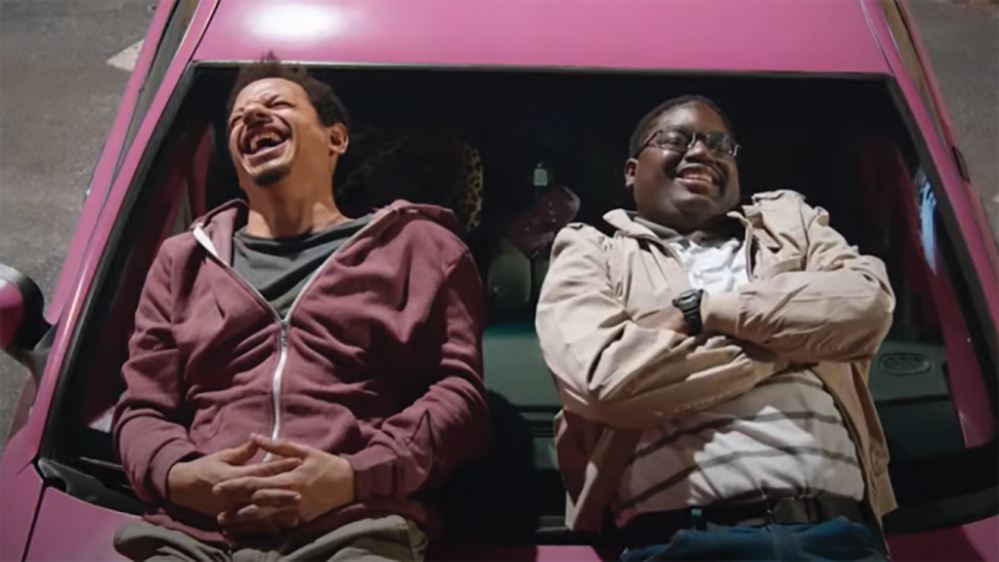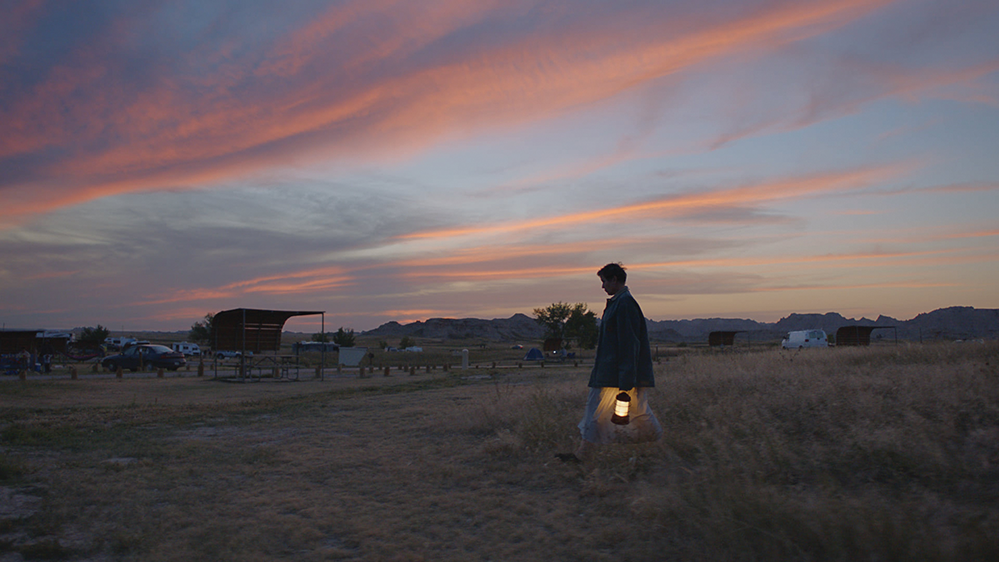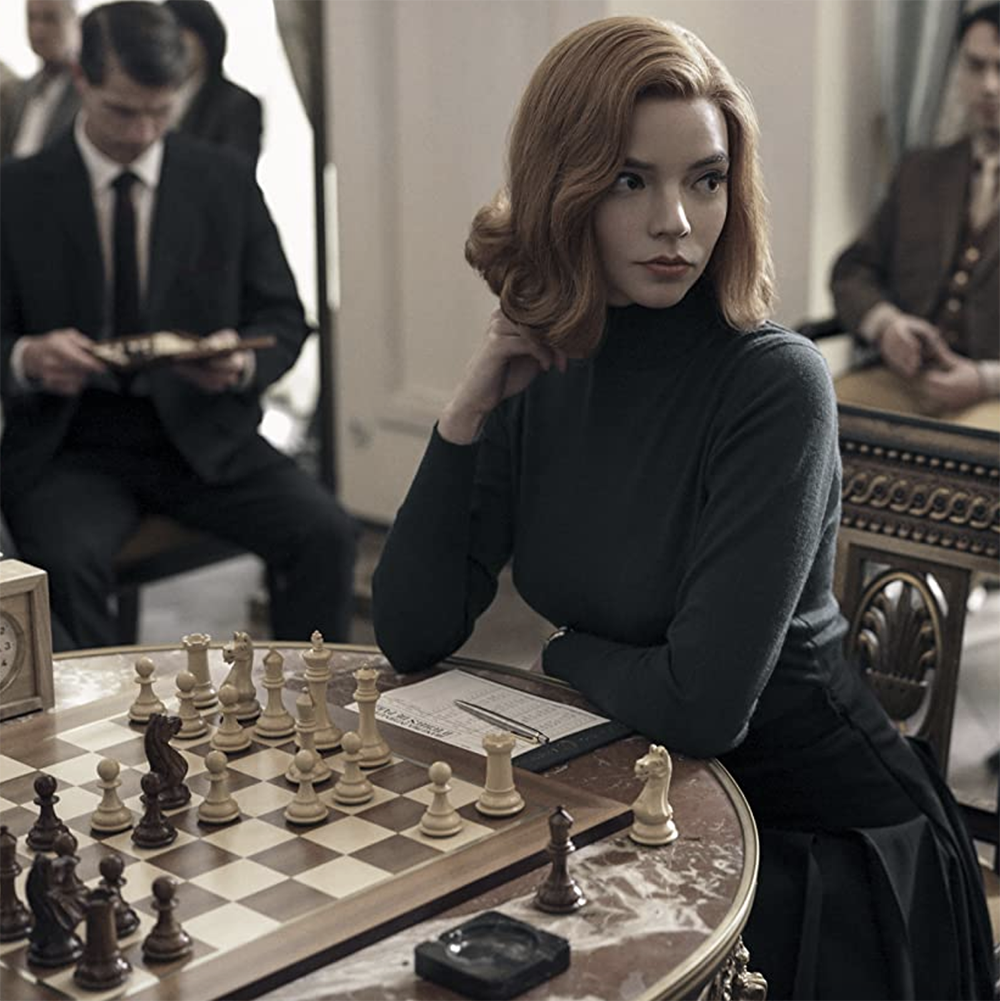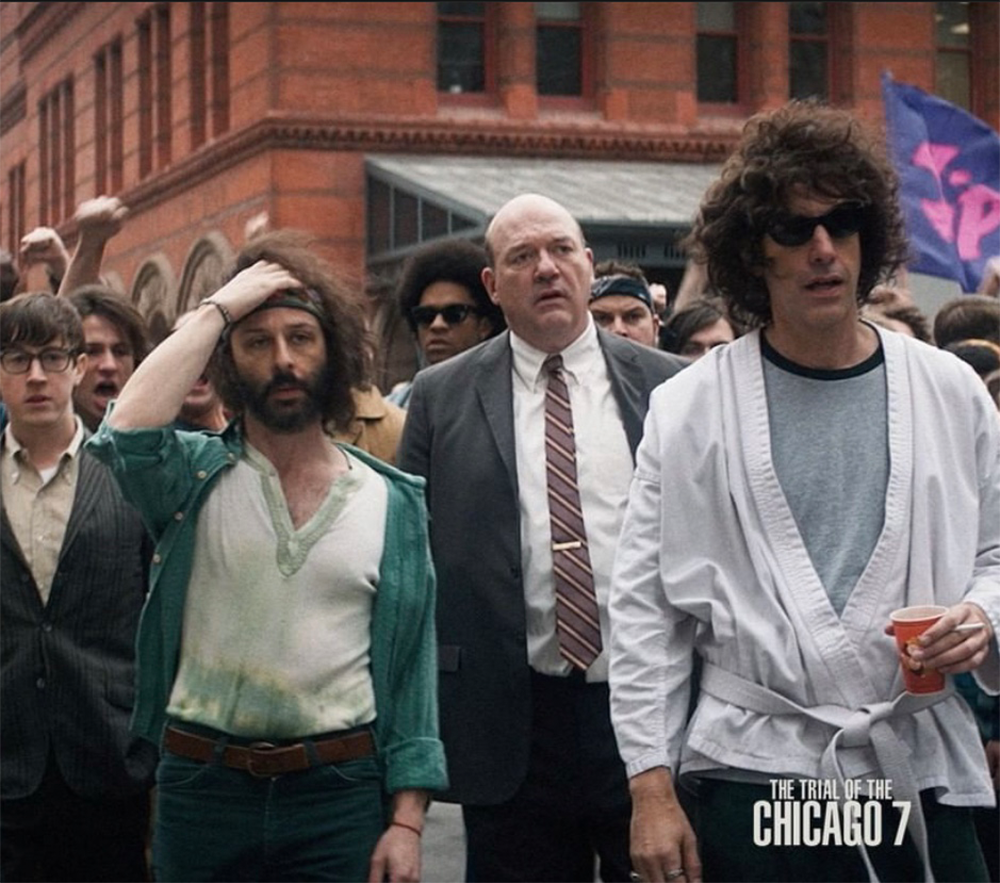“No need to go anywhere,” Holly, a widow living in St. Louis, Mo., says after just discovering a young black man sleeping on her roof. “Just come eat the breakfast.”
The young man she addresses, named Eugene, is on the run for reasons that are only revealed near the end of “Palacios,” St. Louis filmmaker Robert Herrera’s latest work that dives into issues of race, the criminal justice system and loneliness.
This single line from the first conversation between the two sets into motion a story that is part reality and part fiction.
What follows the film’s introductory chance encounter is simultaneously awkward and emotional. After Holly, played by Libby Bibb, convinces Eugene, played by Olajuwon Davis, to try fixing her air conditioner, she reveals that her husband died not long ago. She now lives alone with her Boston Terrier, Hulk, and spends her days drinking whiskey and smoking cigarettes. In a scene where she is alone in her kitchen, she breaks down in tears after Hulk avoids, like capricious dogs do, being close to her. When Eugene and Holly talk after breakfast, the topic of her husband comes up, and the two nonprofessional actors have impressive chemistry discussing their personal lives.
Herrera’s background is in documentary filmmaking; she made “The Gray Seasons,” a documentary about the St. Louis University women’s basketball team, in 2011. Like “Palacios,” “The Gray Seasons” is shot entirely in black and white, a stylistic trait that lends Herrera’s films a more serious and focused feel.
Herrera’s affinity for documentaries is immediately present in “Palacios,” and its handheld-centric cinematography and zoomed-in shots lends a realism to the piece that makes the story feel more authentic.
Underlying Holly and Eugen’s interactions is the oddity of Holly’s hospitality. After all she has been through, her sudden acceptance of a stranger into her home seems strange, and it is unclear what she truly thinks of him.
Audience members are left to ponder this brevity for themselves. Perhaps she realized that he, as a young black man, has likely had difficulty in his life that she cannot imagine and wants to help in any way she can, or maybe she simply wanted a little human company — or at least to get her air conditioner fixed.
These thoughts, however, fade to the background as the two quickly become friends, and more details about Eugene’s life are revealed, including that he received a scholarship from a college in Chicago but was not able to attend for financial reasons, and that he has a child on the way. These difficult life situations have direct parallels to those of the actor Olajuwon Davis, who is now serving time in federal prison on weapons charges related to the turmoil in Ferguson, Mo., following the fatal shooting of Michael Brown.
“Palacios” takes place on the 4th of July, and Herrera uses this setting as an opportunity to deal with American identity and police brutality. As Holly and Eugene watch from the rooftop above, Herrera juxtaposes the fireworks show put on by mostly black St. Louis residents in an adjacent lot with a threatening police presence, alluding to the tension between police officers and racial minorities throughout the United States. The scene also foreshadows an encounter between police officers and Eugene that comes later in the film.
Taken as a whole, the narrative of “Palacios” dwells in mystery and its revelation. Some questions, like Holly’s intentions and what Eugene is running from, are left a mystery for the audience to decipher. Faced with the opportunity to give someone she may otherwise disregard as dangerous a second chance, Holly decision at the film’s ending will leave some with a sour taste in their mouths.
But despite how hard it is to watch, the ending solidifies Herrera’s connection between narrative and documentary filmmaking by tying the harshness of reality to the creative possibility of fictional narratives.
“Palacios” is a humanizing tale of crime and forgiveness, and it marks Herrera’s first serious foray into the field of narrative filmmaking. While some parts of the film feel limited by its small set and cast, “Palacios” is proof that Herrera can successfully weave a complex narrative into a film that is compelling to watch and offers a nuanced discussion of police brutality and race relations in America.





















Charles James • Nov 28, 2020 at 5:26 am
Written amazingly! I love such reviews. You can find more great reviews here at Tech reviews